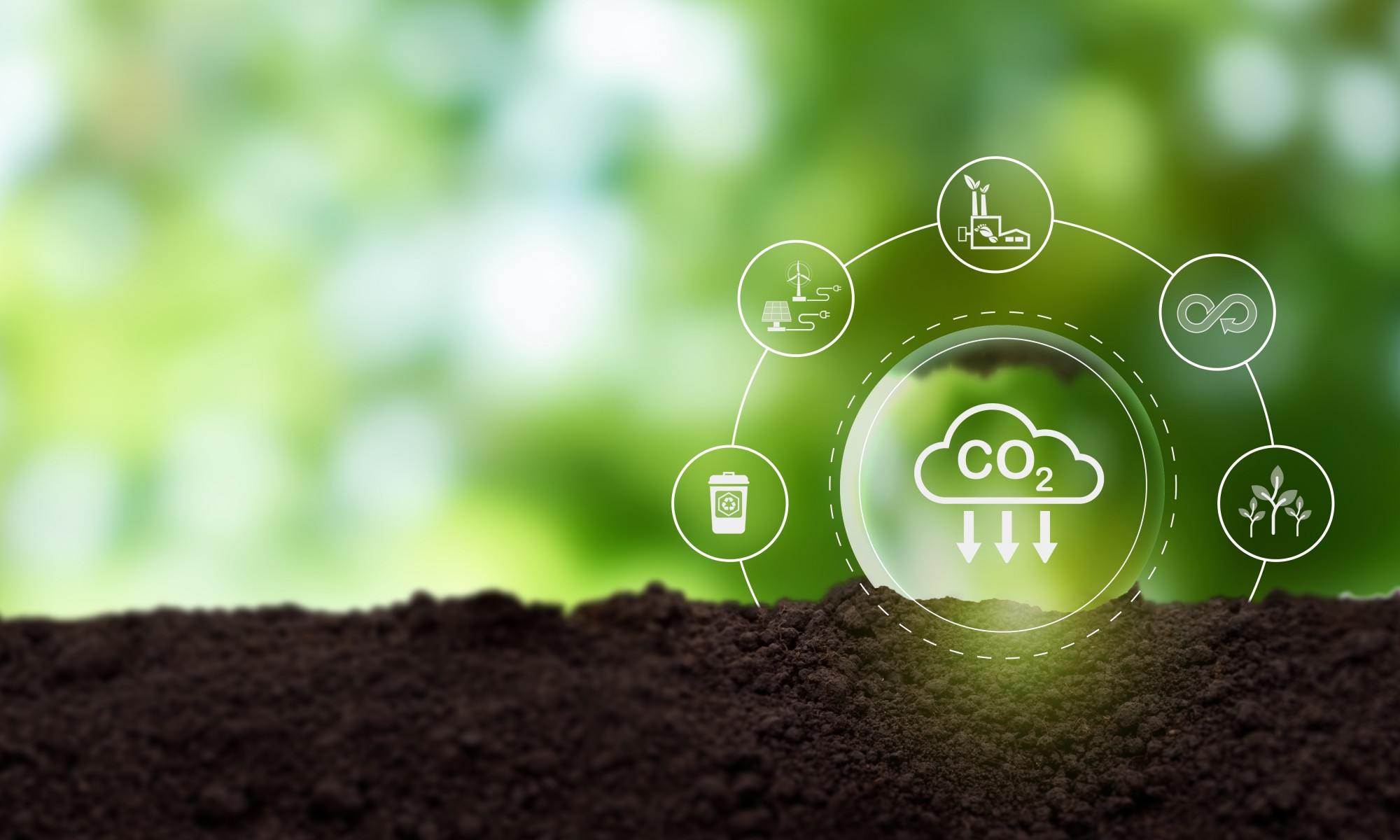Commercial, Energy Efficiency, GHG Emissions - September 20, 2024
ALDI Receives SBTi Validation
The ALDI SOUTH Group announced its goal to reach net-zero greenhouse gas (GHG) emissions across its entire value chain by 2050, which was validated by the Science Based Targets initiative (SBTi).
As a part of ALDI SOUTH Group and one of America's fastest-growing retailers, ALDI U.S. will play a vital role in advancing progress on these goals.
The SBTi has validated that the following science-based emissions reductions targets submitted by ALDI SOUTH Group conform with the SBTi Corporate Net-Zero Standard and the SBTi Forest, Land and Agriculture (FLAG) Guidance:
- Reduce absolute Scope 1 and 2 emissions 90% by 2035 from a 2021 base year.
- Reduce absolute Scope 3 emissions 90% by 2050 from a 2022 base year.
- Reduce absolute Scope 1 FLAG emissions 72% by 2050 from a 2021 base year and absolute Scope 3 FLAG emissions 72% by 2050 from a 2022 base year. ALDI is one of the first retailers to set specific targets to reduce its FLAG emissions.
"There is a reason why ALDI is one of the only grocery retailers with SBTi-validated net-zero targets. We do things differently and sustainability is no exception," said Jason Hart, CEO, ALDI U.S., in a statement. "For instance, because our stores are stocked with 90% ALDI-exclusive brands, we can work more directly with our suppliers on emissions reductions. These industry-leading science-based targets are another way we are underscoring our commitment to operating sustainably and responsibly so we can keep offering quality, affordable groceries."
ALDI will focus on new partnerships and its existing industry-leading initiatives that target the largest sources of emissions, including:
- Purchased Products: With the majority of its emissions stemming from its supply chain, ALDI recognizes the imperative to partner closely with suppliers. ALDI will make further investments to decarbonize its supply chain by forming partnerships with NGOs, joining multistakeholder initiatives and funding on-farm pilot programs — with a heightened focus on its dairy and beef supply chains.
- Upstream Transportation and Distribution: ALDI is partnering with third-party logistics providers to identify opportunities to use alternative fuel sources and electric trucks to reduce transport emissions.
- Refrigeration: ALDI is advancing progress on its goal to transition all stores to natural refrigerants by 2035 and continues to receive recognition from the Environmental Protection Agency for its industry-leading progress. Today, ALDI uses natural refrigerants in more than 700 stores, saving 60% of potential carbon emissions each year.
- Electricity: ALDI is focused on reducing energy consumption, investing in energy efficiency in its stores, regional distribution centers and offices and purchasing renewable energy. Today,100% of its electricity comes from renewable sources.
Read These Related Articles:
Stay Up-To-Date












